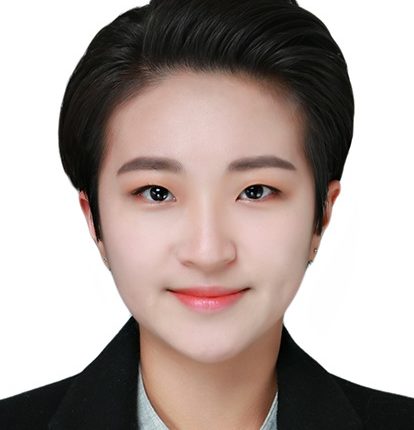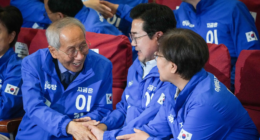Amber Kim is from Korea. She is an MA student in the Asia-Pacific studies program at Taiwan’s National ChengChi University.
She kindly agreed to answer a few of our questions.
Have the recent clampdowns affected you?
The direct impact that I have had regarding COVID-19 is the postponement of school, and due to the rapid increase of the number of confirmed cases in Korea, I had to do self-quarantine after coming back from Korea even though it was not mandatory at the time.
What particular annoyances have you felt?
Taiwan is taking every possible measure to prevent COVID-19 and I feel very safe staying in Taiwan.
However, after the start of spring semester, university wasn’t fully prepared on how to deal with the issue.
Thus, students were receiving several e-mails from school that included new regulations and COVID-19 prevention measures. In particular, international students including myself were not fully aware as to whether classes were going to be conducted online.
It would have been better if there was an official guideline issued for COVID-19 prevention measures for academic institutes regarding any possible changes.
Has Taiwan done a good job in its handling of the COVID 19 issue?
Taiwan is being praised for its COVID-19 prevention measures.
The government took proper measures before the rapid spread of the virus. For example, controlling the border by blocking entry of people from mainland China, and installing additional mask production lines to prevent a mask shortage.
Moreover, another impressive and effective measure was and is Taiwan’s mask rationing system that allows everyone in Taiwan to buy masks at a fixed price. This not only helps to prohibit mask hoarding, but also controls public panic that might come about from shortages or inflated prices on masks.
What could Taiwan do better?
Taiwan’s government and related institutions are very attentive and cautious about the current epidemic situation, and also clearly know how to deal with it.
I believe this is based on their previous experience of dealing with the outbreak of SARS in 2003. Taiwan is already putting a lot of effort in coming up with detailed prevention measures.
Taiwan could do better on the sharing of its know-how and experiences with other countries who are struggling to cope with the COVID-19.
How are you spending your time of late? – living as normal a life as possible or on edge because of the virus?
As COVID-19 has became a pandemic, I’m taking more care of individual hygiene and trying to follow the prevention guidelines such as wearing masks, washing hands properly and not touching my face.
I like going out and hanging out with my friends, but recently I don’t visit places that are too crowded, and try not to have unnecessary contact with others.
It is clearly different from my normal routine, but this might turn into a new-normal routine if the epidemic situation worsens.
Do you have any long term concerns related to coronavirus?
If the situation is prolonged, I would have to stay in Taiwan this year without going back to Korea. I would not risk myself by making a trip that requires me to go to an airport.
Moreover, according to current COVID-19 prevention measures, if I go back to Korea for my summer vacation, I will have to be self-quarantined for at least 14 days in Korea, and another 14 days when I come back to Taiwan which would be a waste a lot of time.
For other interviews with those in Taiwan affected by the virus, start here.









